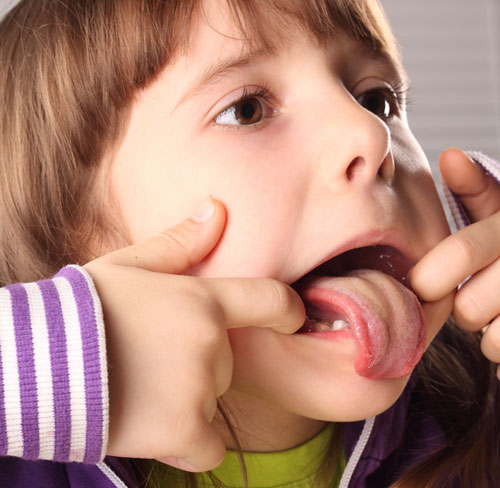3-Year-Old Children’s Behavior Crisis
If your child is three years old, do not be surprised if he/she tries to assert independence. At this age, the child becomes aware of his/her being an individual, and you need to accept this fact. In a crisis situation, help your child feel that you are not just mom and dad, but real friends, who can not only punish, but can help understand the complexities of life, help form the child’s own judgment about his/her actions and the actions of other people.

How Long Does the Crisis Last?
“The crisis of three years” is a conventional concept in psychology, as its temporal boundaries have no clear definition. It usually lasts from the second half of the third year of life to the first half of the children’s fourth year. Age crisis is a natural phenomenon in the development of the child’s mind; in contrast to stable periods, it does not last for a long time – maybe, for about a few months – and it occurs with varying degrees of intensity in different children.
7 Signs & Symptoms of Age Crisis in 3-Year-Olds
Russian psychologist Lev Vygotsky identified seven symptoms of the age crisis in 3-year-old children:
- Negativism (a negative reaction to everything)
- Stubbornness (the child insists on something not because he/she really wants it, but because he/she has demanded it from an adult and can not give up this desire)
- Obstinacy (directed against the norms of general education, the system of relations, the way of life in the family)
- Wilfulness (the child’s desire to do everything independently)
- A protest or a riot (manifestation of the will by means of frequent conflicts with parents)
- Depreciation (everything loses its value in the eyes of the child, even though it used to be familiar and dear)
- A tendency to demonstrate despotism (the child makes the parents do all that he/she needs).

What Causes the Age Crisis in 3-Year-Olds?
Causes of negativism, stubbornness, self-will and other behavioral symptoms are explained by the fact that the child becomes aware of himself/herself as an independent person, who possesses some will power. Aggravation of relations with adults may be due to the authoritarian model of interaction in the family, limitations on the child’s autonomy and personal initiative, frequent and inadequate enforcement of prohibitions and penalties, as well as the presence of overprotection in education, incoherence and inconsistency in the requirements the child hears from the surrounding people.
Age Crisis in Children Is Actually Good
However, sometimes the crisis of three years can occur without any obvious negative implications. The point of the crisis of development is not in how it occurs, but rather whereto it leads. The appearance of such qualities as will, independence, and pride for achievements is a sure sign of an adequate development of the child at this age stage.

How to Handle a Stubborn Child?
During the age crisis period, the child can be moody, so you need to try to direct his/her energy in a different way. Help your child to cope with stubbornness through the game. The child’s behavior should be meaningful. Encourage your child’s independence: three-year-old children are quite capable and can be helpful. For example, they can help you lay the table.
Recommended Behavior Tips for Parents
There are a number of general recommendations, which can gradually lead to the overcoming of negative symptoms in the child’s behavior.
- Avoidance of authoritarian relationships and overprotection in education.
- Implementation of the common tactics of education in the family.
- Encouraging cognitive interest and the child’s independence (as far as it is possible at a given age period).
- The use of gaming techniques in communication and promoting the child’s independence.
- Explanation of the rules of behavior to the child in a simple and accessible form. Manifestation of the quiet demand to follow these rules.
- Emphasis on a positive permission to do something, and not on prohibition and punishment as the ways of educating the child.
- Searching for compromise solutions in conflict situations together with the child, letting the child have the freedom of choice.
- Teaching the child to develop his/her social skills with peers and adults.
- Communicating with your child as if he/she were an adult.
